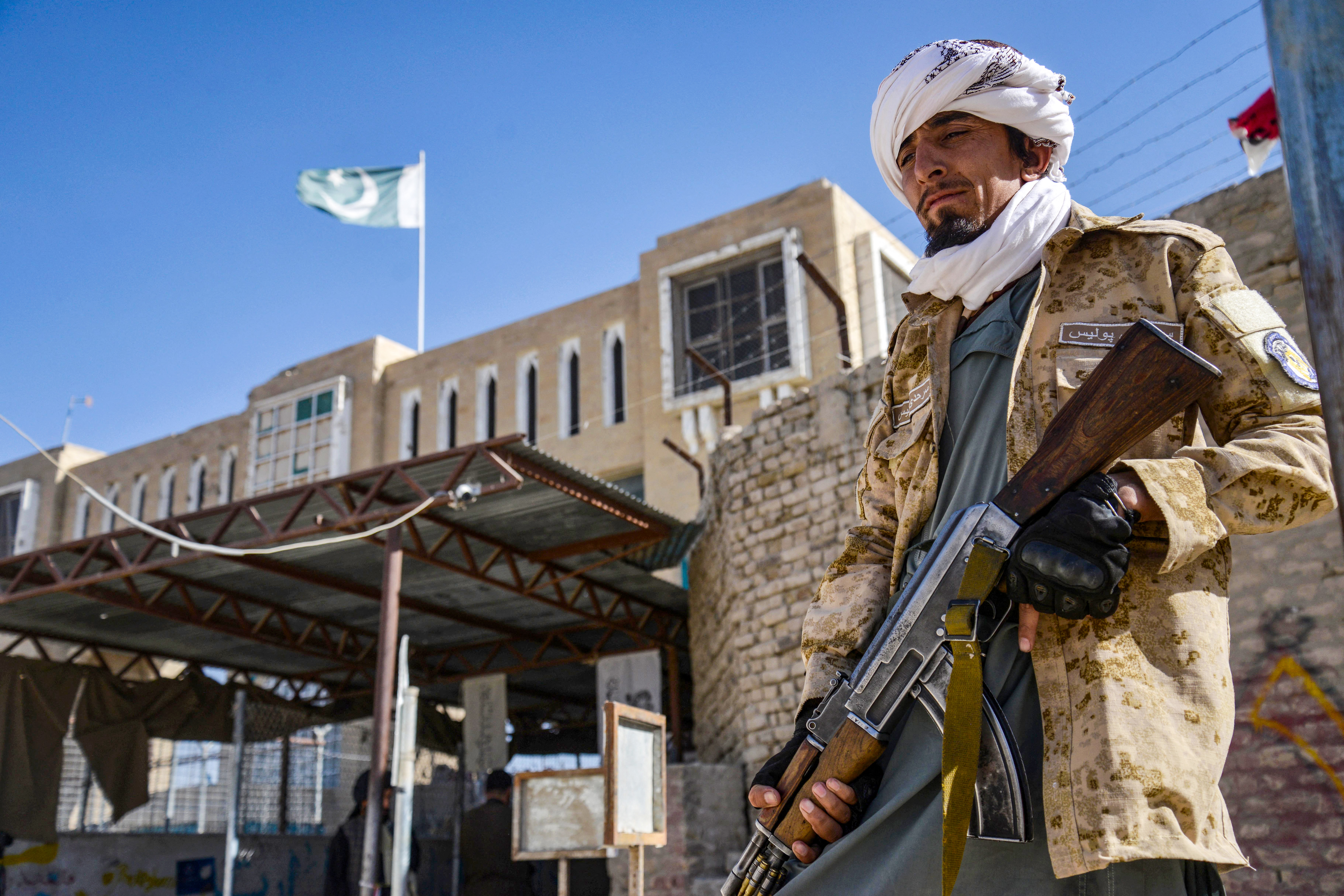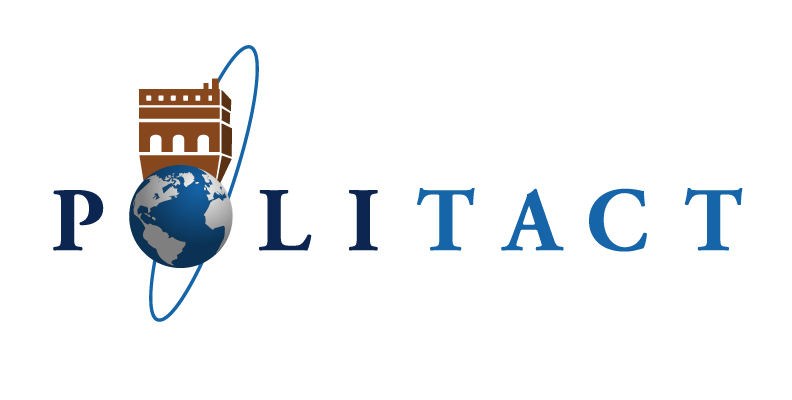Last month, Pakistani fighter jets carried out airstrikes against Kabul and other Afghan cities, and soldiers from both sides engaged in fierce cross-border clashes over several weeks. The armed conflict between Pakistan and Afghanistan has deep, intractable roots. Its persistent flare-ups not only hinder the long-term political and economic stability of both countries but threaten the stability of the wider region as well. Additionally, the intensified dispute complicates the United States’ regional security policy, including the recent US investment in Pakistan’s mineral sector, efforts to encourage counterterrorism cooperation, and the US’s strategic competition with China.
How close are Pakistan and Afghanistan to full-scale war? What effects would such a conflict have on the broader region? Was last month’s air campaign a sign Pakistan is interested in regime change in Kabul? And what can Washington do to temper the situation in line with US strategic interests?
For an expert discussion into these and related questions, please join the Middle East Institute for a public webinar on November 12, 11:00 AM to 12:00 PM.
Speaker Biographies
Javid Ahmed
Associate Fellow, Middle East Institute
Senior Fellow, Atlantic Council
Craig Karp
Managing Director, Karpology Advisors
David Sedney
Former Deputy Assistant Secretary of Defense for East Asia, Department of State
Dr. Joshua T. White
Non-Resident Fellow, Foreign Policy Program, Brookings
Dr. Marvin G. Weinbaum
Senior Fellow, Middle East Institute
Extended Speaker Biographies
Javid Ahmad is an Associate Fellow at the Middle East Institute. He is also a Senior Fellow with the Atlantic Council’s South Asia Center, focusing on security and counterterrorism, transregional militancy, and illicit networks. From 2020-2021, he served as Afghanistan’s Ambassador to the United Arab Emirates.
Craig Karp is a Managing Director at Karpology Advisors. He is a seasoned US diplomat with extensive front-line experience across Afghanistan, Pakistan, Central Asia, Russia, and the Middle East. His expertise includes government formation, human rights advocacy, electoral processes, and business development in complex political environments
David Sedney is President Emeritus of the American University of Afghanistan (AUAF). He was AUAF President in Kabul twice - in 2016-17 and 2019-21 - and continues to serve on the University’s Board of Trustees. Earlier, Sedney was Deputy Assistant Secretary of Defense (DASD) for Afghanistan, Pakistan and Central Asia from 2009-2013; DASD for East Asia from 2007-2009; and Director for Afghanistan at the National Security Council in 2003. His service as a U.S. Foreign Service Officer included tours as Deputy Chief of Mission at the United States Embassy in Kabul, Afghanistan in 2002 and from 2003- 2004.
Dr. Joshua T. White is a Non-Resident Fellow in the Foreign Policy program at Brookings, and is C.V. Starr Distinguished Professor of Practice at The Johns Hopkins University School of Advanced International Studies (SAIS) in Washington. He previously served at the White House as senior advisor and director for South Asian affairs at the National Security Council.
Dr. Marvin G. Weinbaum (Moderator) is a Senior Fellow at the Middle East Institute (MEI), specializing in Afghanistan, Pakistan, and Iran. He is Professor Emeritus of political science at the University of Illinois at Urbana-Champaign, where he directed the university’s Program in South Asian and Middle Eastern Studies for 15 years.
In Collaboration with PoliTact
PoliTact is a strategic advisory firm that develops geopolitical risk assessments, situational awareness, and strategic forecasts by discerning, synthesizing and interpreting data regarding political, economic, and security developments affecting the current global balance of power.













